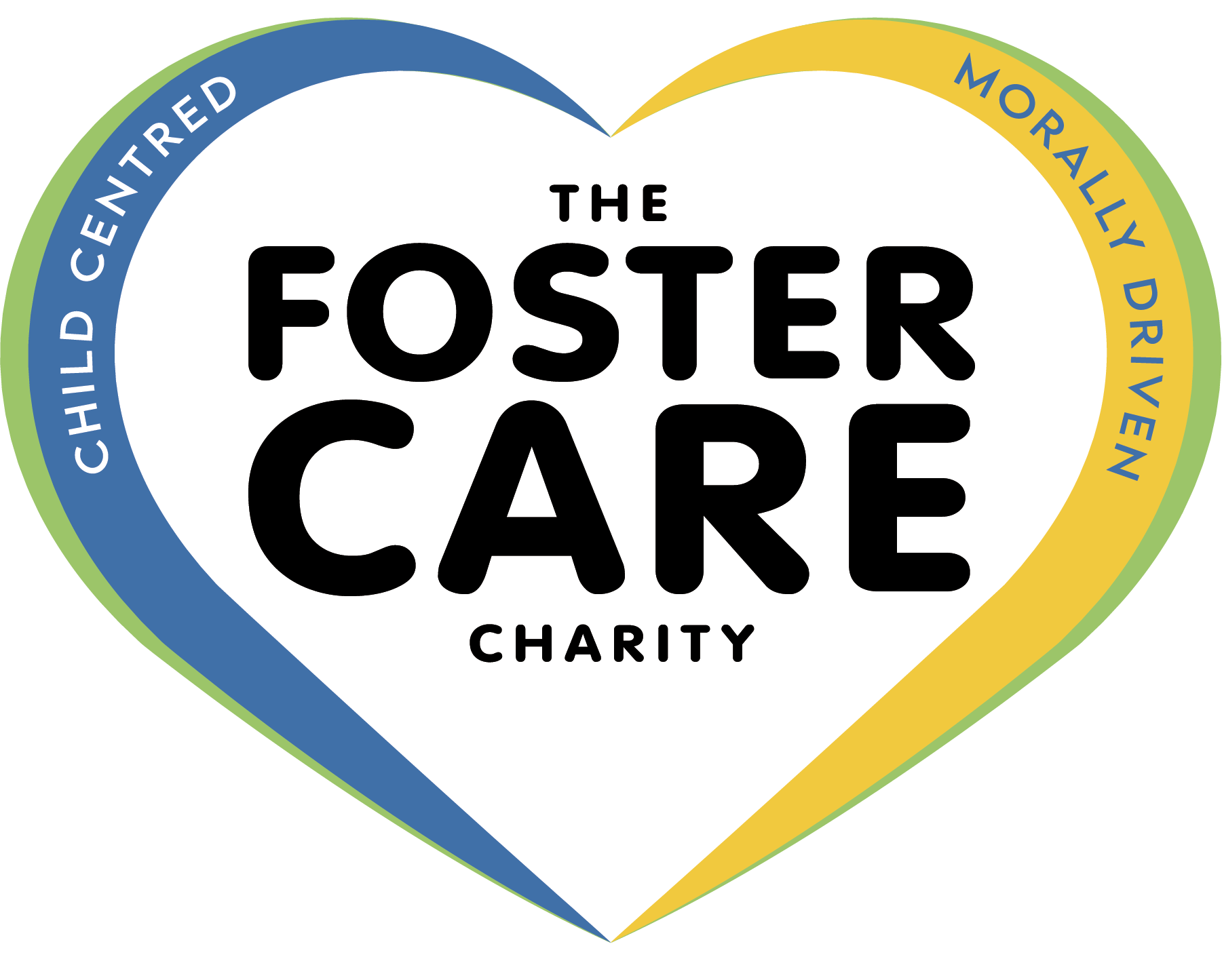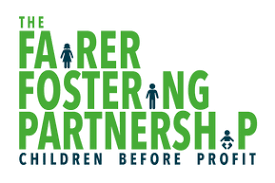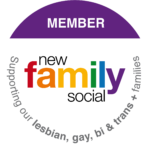
This month’s blog is all about how adults and children may show affection on text and chat messages and what this means for safer caring in fostering practice

At a recent online safety and safer caring course, an interesting debate arose about children and young people ending text or chat (direct messenger) messages to foster carers with an x or xx, and how carers should respond. It was thought-provoking to hear the amount of different opinions in the room and that, unlike the showing of physical affection both face to face and verbally offline, this is not something that carers are asked to consider in their safer caring plans.
It is generally felt to be acceptable to end social messages with an x. For most people this is viewed as a friendly gesture, and for most carers they said they reciprocated what the young person wrote. The debate considered when this would be different if it was a change of behaviour from a young person, and whether there were differences in same gender (child to foster parent) communications and for single carers with children of either gender.
The conclusion, as far as we got in that particular session, was to know the child and their methods of communicating affection, and to note when something felt different or made the carer feel uncomfortable. It was agreed that a young person should lead the communication.
We have covered ‘text speak’, code alerts and the meanings of emojis in previous online safety training, and looking out for POS, CD9 or CU46 on a young person’s phone is well established. There are many helpful resources about text speak available, as well as the ever growing emojipedia and guides to smiley faces. But this has led to reflection that all these guides are designed for adults and parents to infiltrate the teen world in order to understand a new language in the age of mobile communication.

We have never given consideration to this use of messaging and implications between young people and carers, as this is about showing affection and reciprocating affection as much as a physical hugs, and can equally be welcomed and/or misinterpreted as such, just as a touch on the shoulder or a cuddle to a vulnerable child.
So this led me to ponder, speak with some young people and, of course, to Google whether there are any rules about how we express ourselves in online messages, and as with any ‘rules’ (or etiquette) is this also something that young people are going to use in the same way as adults.
From a scroll of current articles on the internet I think I have informally established that, between adults of either gender:
x is polite
xx is friendly
xxx (all lower case) is very friendly, possibly flirty, or could mean stop it
x. ends the conversation
x… allows it to continue
. means don’t reply
match x for x
capital X means don’t care about you
X. is equivalent to go away ending in off
xoxo is seen as childlike (and never longer than 4 characters)
c or z can be from sausage fingers and/or also seen as lazy
…but no one is exactly sure, and young people today seem to be avoiding any form of affection on texts; either because its “quicker”, “weird” “childlike” or crucially “what adults do” . And never, ever between each other unless in a group chat where everyone is doing it.

Confused?
What is important with vulnerable young people, just as in the family safe caring policy for hugs, praise and affection in the offline world and family environment, is to establish what feels comfortable and to explain your own meaning of showing affection. It is ok to say “I always end texts with an x and this means…..” and “if you send me an x then tell me what it means to you”. It could mean I care or we care or I love you. It is important to have the conversation and make a note, and if something feels different be aware of these feelings. There may be no exact answers but a conversation is better than assumptions.
In my role as a trainer it further confirms the importance of integrating the family’s online world with the safer caring world within fostering practice.
Lynn Findlay
lynn@fostercarecooperative.co.uk
The ‘Your Child’s Digital World’ fostering conference is taking place on Tuesday 5th February 2019 and tickets are on sale via Eventbrite here.








